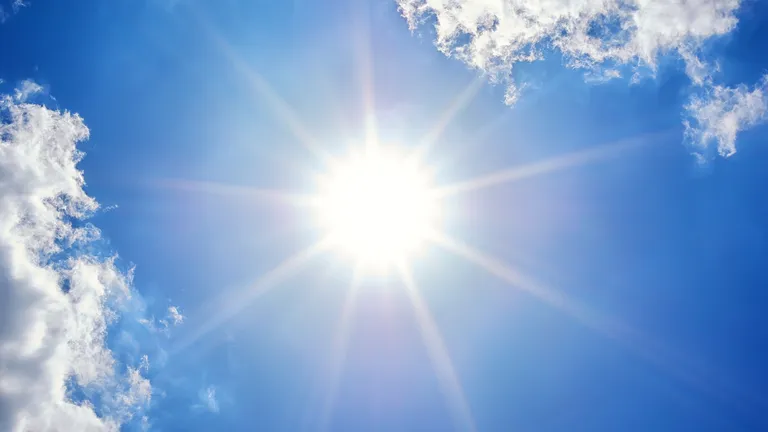
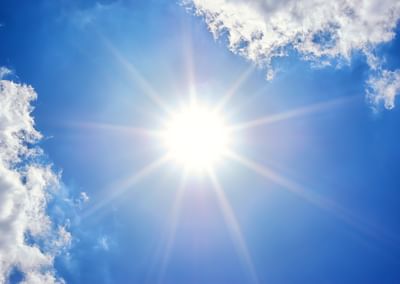
Understanding UV radiation
Over 95 per cent of skin cancers are caused by exposure to ultraviolet (UV) radiation. The sun is a major source of UV radiation, but it can also come from artificial sources, such as arc welders, glue curing lights, and tanning beds or sun lamps.
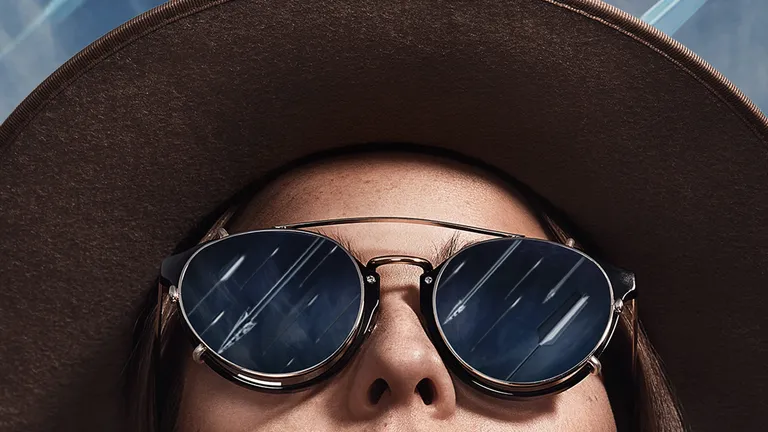
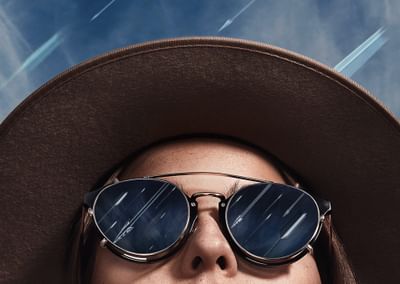
If you could see UV, you would protect your skin.
UV radiation cannot be seen or felt. It is not like the sun’s light which we see, or the sun’s warmth which we feel as heat. Our senses cannot detect UV – so it can be damaging without us knowing.
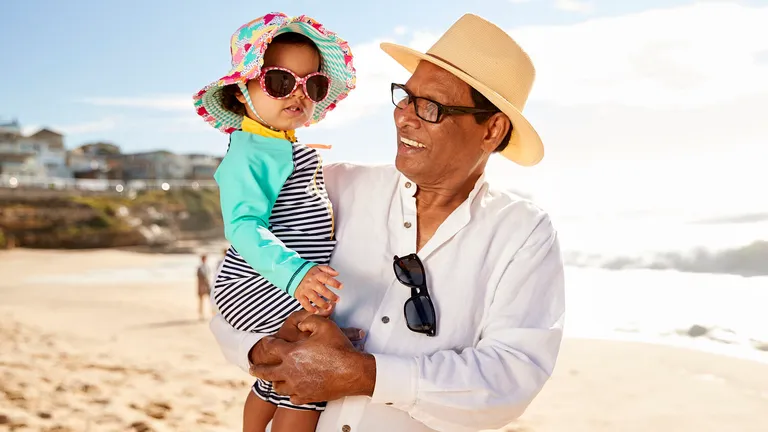
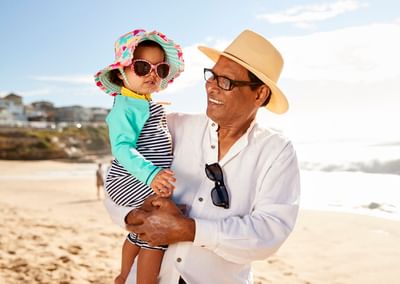
Protecting my skin
Being SunSmart is the best way to reduce your risk of skin cancer. Over 95 per cent of skin cancers are caused by exposure to UV radiation, so with Australia’s high levels of UV radiation year-round, it’s important to incorporate sun protection in your daily routine, to lower your risk of skin cancer.
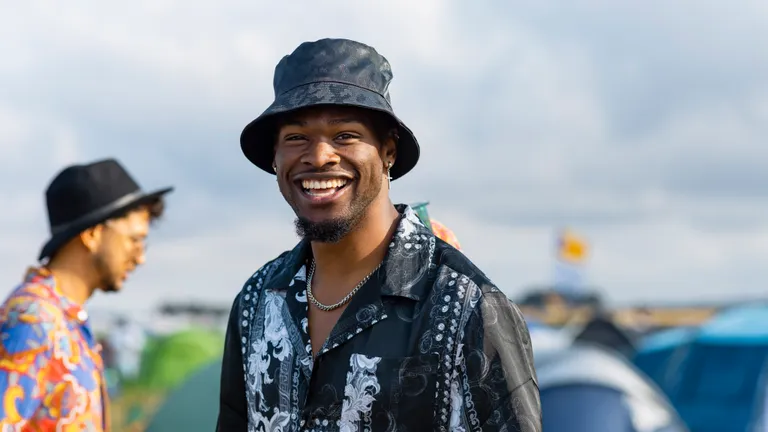
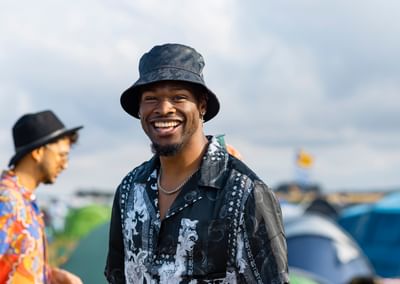
Host a SunSmart event
It’s up to all of us to ensure we protect each other from the risks of skin cancer. Events and festivals are a great opportunity to get together with friends and family outside, however, the long periods of time spent outdoors, often during peak UV times, can mean those attending are at risk of skin damage. That’s why, it’s so important to consider sun protection as part of the event planning process. To help keep our events safe, we’ve created simple strategies to help ensure your outdoor event is SunSmart. This guide is designed to support event organisers in protecting their attendees, staff and volunteers through thoughtful planning.
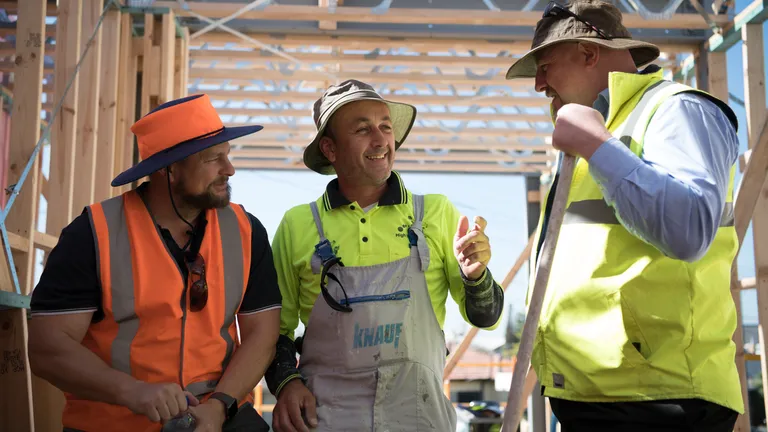
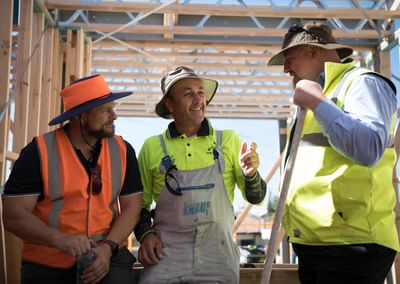
SunSmart workplaces
In Australia, it is estimated that around 200 melanomas and 34,000 keratinocyte skin cancers per year are caused by workplace exposure to ultraviolet (UV) radiation. As a class 1 carcinogen – alongside asbestos and tobacco – UV radiation is a significant hazard for those who spend time working outside.
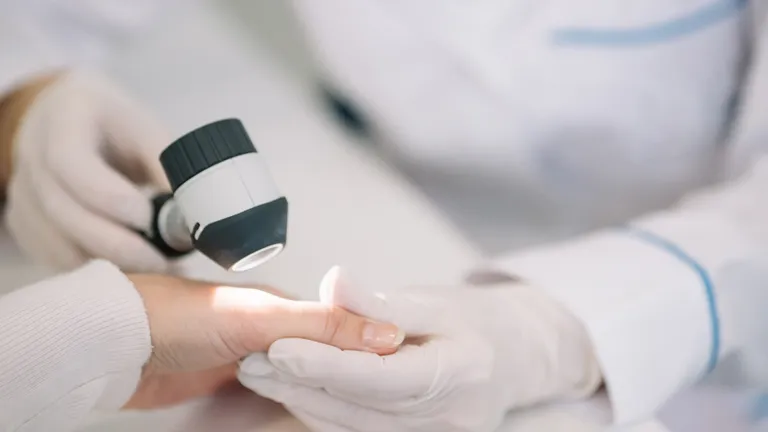
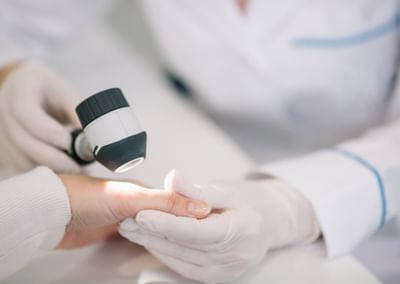
Cancer Council SA Dermoscopy Program
Giving South Australian doctors the tools to detect skin cancer early. Cancer Council SA’s Dermoscopy Program aims to equip South Australian general practitioners (GPs), particularly those in areas with the highest rates of skin cancer and regional areas, with skills and knowledge to help detect and treat skin cancer early. As part of the program, GPs who have completed approved dermoscopy training are invited to apply for a grant, with successful applicants awarded a dermatoscope – a specialised hand-held magnifying device to help find skin cancer early. Thanks to the generous support of the South Australian community and funding from Preventive Health SA, 235 South Australian GPs have been awarded a dermatoscope through the grant.
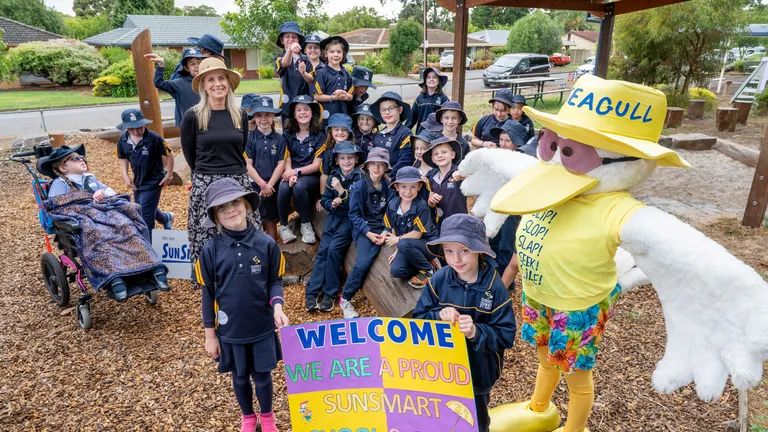
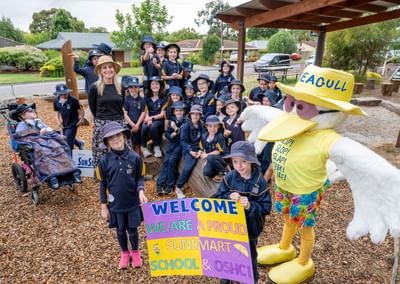
SunSmart Schools & Early Childhood Program
Cancer Council’s SunSmart Schools and Early Childhood Program has been running in South Australia for more than 20 years, with more than 1,000 South Australian schools, OSHC services and early childhood centres currently recognised as SunSmart. In the past year alone, the SunSmart Schools and Early Childhood Program has protected around 135,000 South Australian children and their educators from harmful UV radiation.